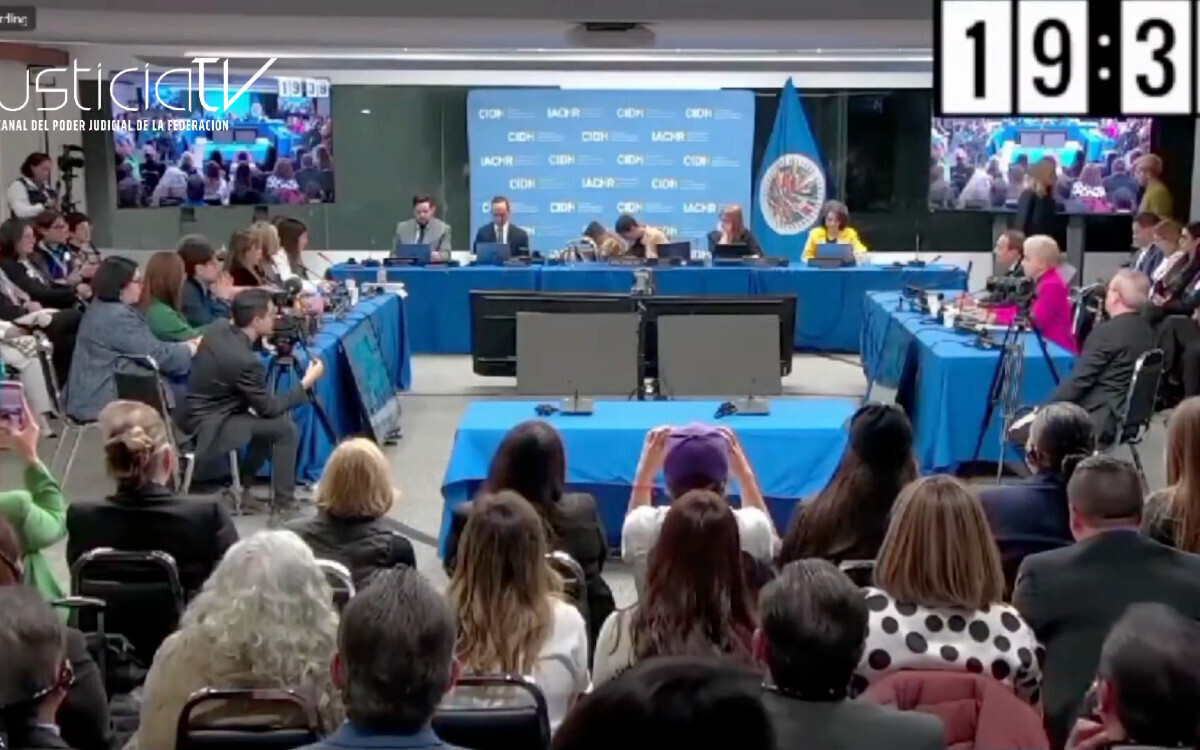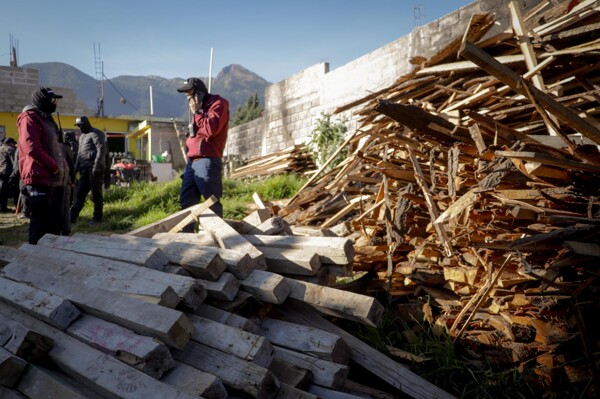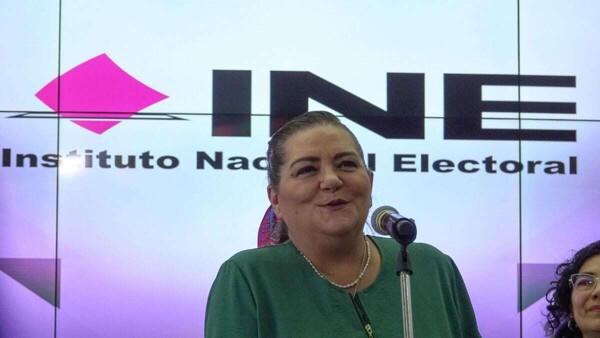
Judicial reform in Mexico has raised concerns due to its potential risks to judicial independence and workers' rights in the Judiciary. The reform proposes the election of judges and magistrates by popular vote, which could expose them to political, economic, and popular pressures, endangering their impartiality.
Civil society and union organizations presented several arguments against the reform to the Inter-American Commission on Human Rights. They highlighted that this measure could create uncertainty, instability, and affect access to justice for victims. Additionally, it was mentioned that the reform does not effectively address the challenges within the judicial system nor guarantees the protection of fundamental rights.
It has been pointed out that the reform would also disproportionately impact women within the judicial system. It is estimated that a significant number of women judges and magistrates could be arbitrarily removed, undermining the progress made in gender equity in this field.
In light of this situation, the Inter-American Commission on Human Rights has been requested to intervene and provide technical advice. The State is urged to reconsider the reform and to ensure judicial independence while also protecting the labor rights of Judiciary workers. Transparency, impartiality, and efficiency in the justice system are essential for society, making it necessary to urgently address these concerns.














